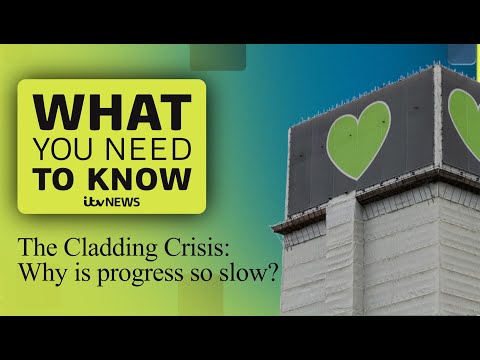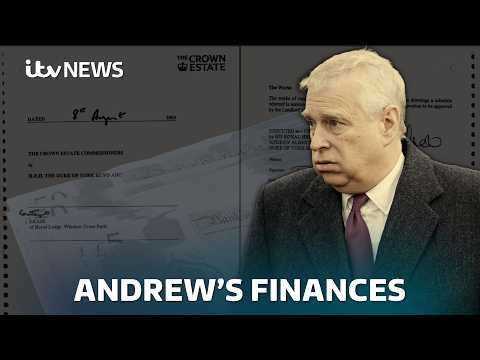
The UK government’s borrowing costs have soared to a 27-year high, ramping up pressure on the chancellor ahead of the autumn budget.
The interest rate on 30-year government bonds, known as the yield, jumped to 5.698% on Tuesday – the highest level since 1998.
This means it costs more for the government to borrow from financial markets.
The pound also tumbled as the bond sell-off intensified, falling more than 1% against the US dollar.
Reeves is seeking to fill an estimated £51 billion black hole, with concerns that the Chancellor will be forced to hike taxes and slash spending to balance the books ahead of the autumn budget.
Government bonds have also been under pressure globally, with yields rising across the US and Europe.
On Monday, the first day back for MPs after the summer break, Prime Minister Sir Keir Starmer announced a major shake-up of his Downing Street operation after a challenging summer for the government.
As part of the reshuffle, Reeves’ former number two in the Treasury, Darren Jones, was made Prime Minister’s chief secretary, while James Murray will replace him as Treasury chief secretary.
Without commenting on specific market movements, Starmer’s spokesman said: “Our ironclad commitment to our robust fiscal rules remain.
“You’ll have seen since this government took office that we have taken the necessary decisions to stabilise the public finances, drive growth.
“Our fiscal strategy has been backed by the IMF and others, and our approach has helped interest rates to be cut five times since the election, which is the best way to bring borrowing costs and inflation down.”
Neil Wilson, UK investor strategist at Saxo Markets, said: “The market move was a sign that investors do not have confidence the Treasury will stick to its strict borrowing rules.
“Thirty-year yields at their highest in almost three decades are not a good look for the Labour government, and underscore that there is little fiscal or economic credibility left.”











